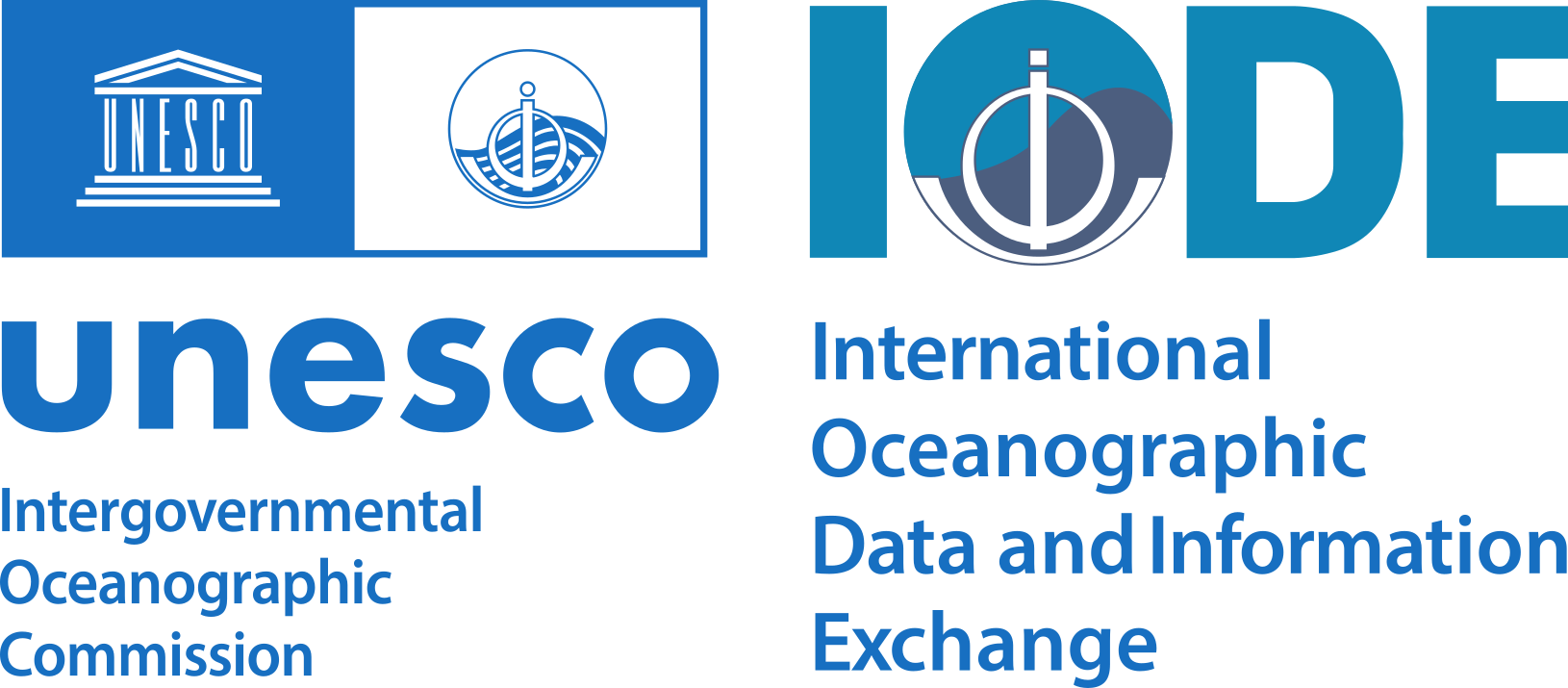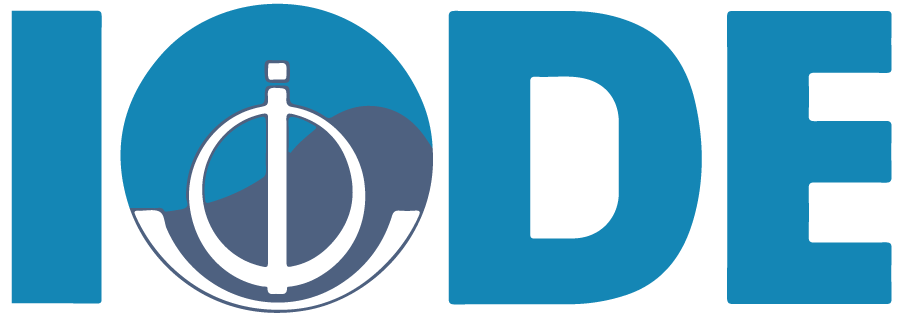eDNA Expeditions Phase II Sets Sail at UNOC3: Citizen Scientists Join UNESCO-IOC-Led Effort to Map Marine Life Using DNA.
This new global campaign empowers communities to monitor biodiversity with simple, science-based kits.
Nice, France – 12 June 2025 – The Intergovernmental Oceanographic Commission of UNESCO (IOC-UNESCO) proudly announces the launch of eDNA Expeditions Phase II, a global campaign using environmental DNA (eDNA) to observe and monitor marine species around the world. The initiative aims to advance our understanding of marine biodiversity and strengthen efforts to protect it.
Phase I of the eDNA Expeditions engaged 250 citizen scientists who collected over 400 samples at 21 UNESCO World Heritage Marine Sites, resulting in the identification of more than 4,000 species. Building on this success, eDNA Expeditions Phase II ambitions to establish long-term molecular biodiversity observation capacity at 25 marine protected areas, serving as global reference sites, with a target of collecting 2,500 samples, six times more than during the first phase of eDNA expeditions.
eDNA Expeditions Phase II will deliver timely data to assess rapid changes in marine ecosystems, such as species migration linked to climate change, and support the early detection of invasive species, a threat to ocean health and the livelihoods of coastal communities.
Environmental DNA refers to genetic material shed by organisms into their surroundings—via skin cells, scales, mucus, waste, or reproductive fluids—which can be analyzed to detect the presence of marine life without the need for capture or visual observation. eDNA is a cost-effective and non-invasive method that complements traditional monitoring techniques, enabling biodiversity assessments even in remote or hard-to-access locations, as well as large areas.
The OBIS team will coordinate this global effort, delivering eDNA protocols and materials to local communities and citizen scientists of all ages. With the support of Minderoo Foundation, participants will receive a complete, ready-to-use sampling kit associated with a scientifically robust yet simple protocol. After an introductory briefing by local educators, participants collect seawater using a bucket and pass the collected water through an encapsulated sterile filter to capture genetic material. The filters are then labelled and logged in via a custom-designed mobile app, before being sent to Wilderlab, a dedicated eDNA laboratory for sequencing and analysis. All data are integrated into OBIS and visualized through a publicly accessible dashboard such as the one built for Phase I.
The campaign’s official launch takes place aboard the historic Norwegian tall ship Statsraad Lehmkuhl, featuring a live sampling demonstration by local 6th-grade students from the “Méditerranée” class of Collège Ségurane in Nice. The event includes the signing of the project agreement and will be held in the presence of Vidar Helgesen, Executive Secretary of IOC-UNESCO.


